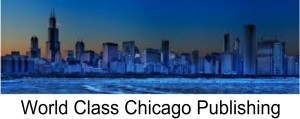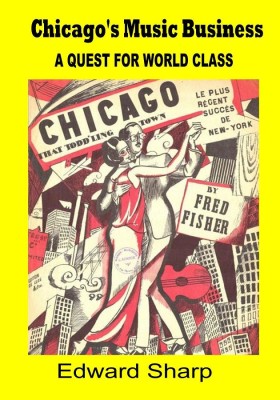Sophie Tucker Last of the Red Hot Mamas
It wasn't central location or railroad networks alone that made Chicago a national music production center for over a century. There were multiple factors and one that is often overlooked was the presence in Chicago of celebrity entertainers who could move the music markets. In the minstrel era, local producer/ performers like Richard Hooley and Billy Arlington were essential for composers and sheet music publishers like Root & Cady to promote their music meant for the popular music market. It was a synergistic relationship. The performers needed new songs to use in the music halls while the publishers needed publicity to sell their music in the stores. In the Vaudeville era no one could move the pop music market like Sophie Tucker. When she took up a song for her act, the sheet music would move off the shelves in the stores.
Tucker grew up in Connecticut where her family remained but she was rarely there. In 1907 she was booked on the first Ziegfeld Follies but got kicked off in previews when she upstaged the Marquee star. Her agent, William Morris, sent her to Chicago and here she would spend the greater part of the next two decades. Tucker was the star of Harry Askin's Louisiana Lou that toured the country for two years without ever playing New York. In 1917, she opened Balaban and Katz's landmark Douglas Park theater and made it a success. Tucker often used William Rossiter's Chicago music company as a source of material and that helped make Rossiter a national player in the music publishing business.
When the major Vaudeville circuit companies were engulfed and devoured by Joe Kennedy's motion picture conglomerate, Tucker moved to England where she again became a success as a nightclub singer. Someone posted an old video of Tucker from her England stay. It provides a glimpse of what she was like, although an early talkie doesn't do her justice.

